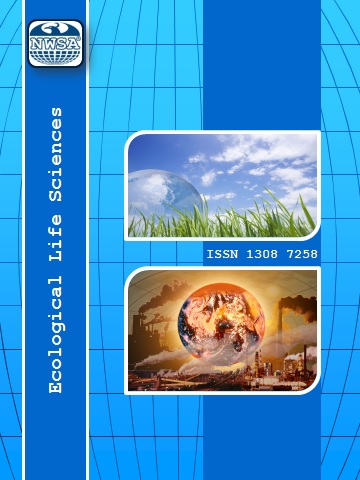VERTICAL AGRICULTURE AND SUSTAINABILITY IN CITIES
Yiğit ULUKENT1
Vertical farming is a technological farming method that allows to grow crops without the need for large fields, soil and climatic cycles as in traditional agriculture. This method is becoming increasingly important due to the fact that water, pesticides, fertilizers, labor, equipment, energy and transportation costs are low, efficiency and quality are high, livestock can be carried out simultaneously, it improves the architecture and air of the city, and it will increase the interest and contribution of the city people to agriculture. Since it is predicted that the world population will be 10 billion in 2050, the ecological balance will deteriorate further and fertile land areas will rapidly decrease due to global warming, many countries have started to actively apply this agricultural method. Although the initial investment costs are high, this agricultural practice, which has high sustainability in terms of its contribution to the economy, ecology and social integration in the long term, will be the most important agricultural industry of the future. For this method, which is important in terms of sustainable agriculture, arrangements should be made in state policies and legal issues, financial resources should be allocated in our country, and the participation of academics, private sector, municipalities, farmers and urban society in the process should be ensured.
Keywords
Vertical Farming,
Agricultural Economy,
Urban Agriculture,
Sustainable Agriculture,
Technological Agriculture,
 +90(535) 849 84 68
+90(535) 849 84 68 nwsa.akademi@hotmail.com
nwsa.akademi@hotmail.com Fırat Akademi Samsun-Türkiye
Fırat Akademi Samsun-Türkiye
